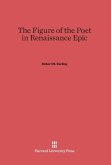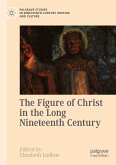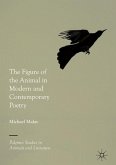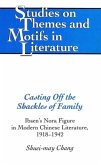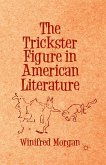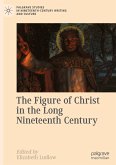After proclaiming "the death of the Author", Roland Barthes showed in "Le Plaisir" du texte that the reader needs "the figure of the author" as that figure needs mine if "babbling is to be avoided"; Henry James poetically prefigured his theory in "The Figure in the Carpet". This essay examines some of the major novels since the eighteenth century, from "Moll Flanders", "Pamela", "Tristram Shandy", "Madame Bovary", "What Maisie Knew", "A Portrait of the Artist as a Young Man", "Remembrance of Things Past", "How It is", "Look at the Harlequins!". It investigates Barthes' proposition, as well as that of Michel Foucault on "the author function", and presents an intersubjective theory of the modern novel, showing how author and reader seek and avoid each other, interacting asymmetrically, sometimes contentiously, through transitional subjects, namely the narrators and the characters. It also analyzes the various parts of a novel, from the title page, the various paratexts or "thresholds" to borrow Genette's terminology, and offers an anatomy of the writing and reading process.
Bitte wählen Sie Ihr Anliegen aus.
Rechnungen
Retourenschein anfordern
Bestellstatus
Storno


